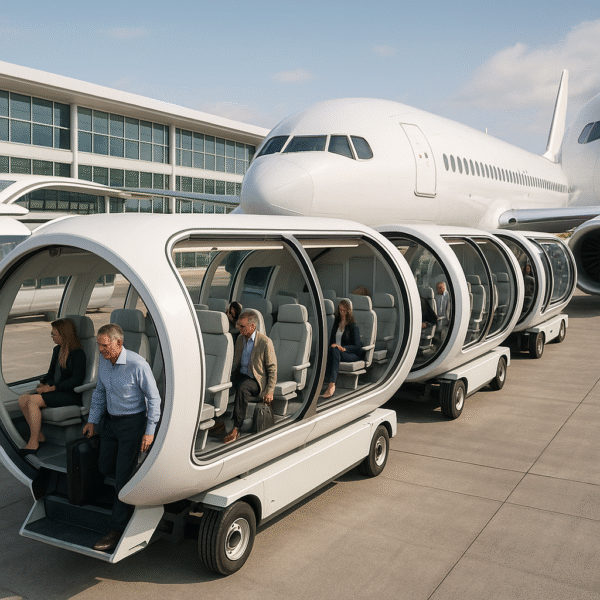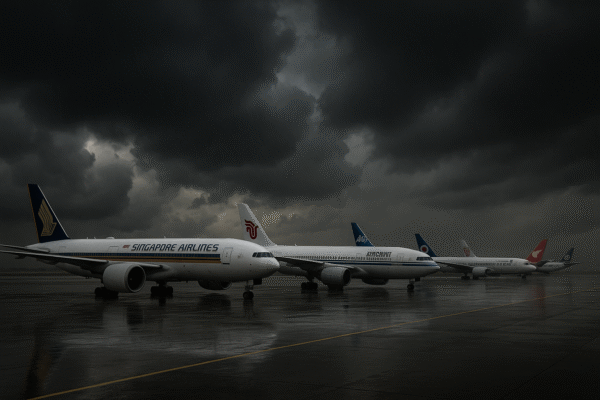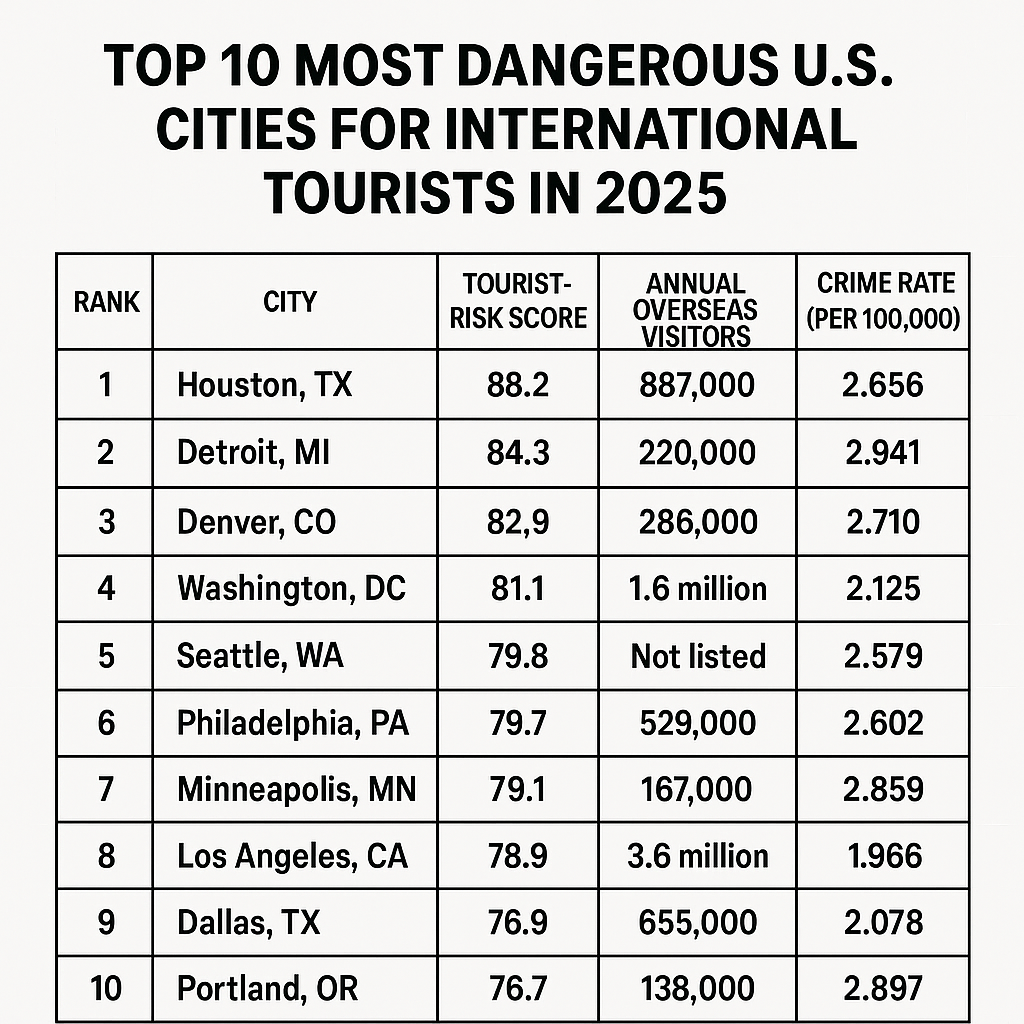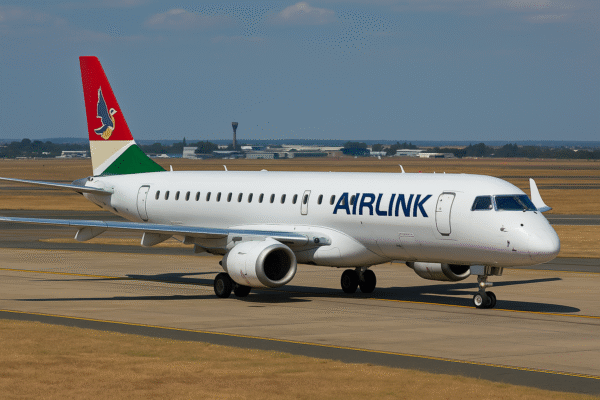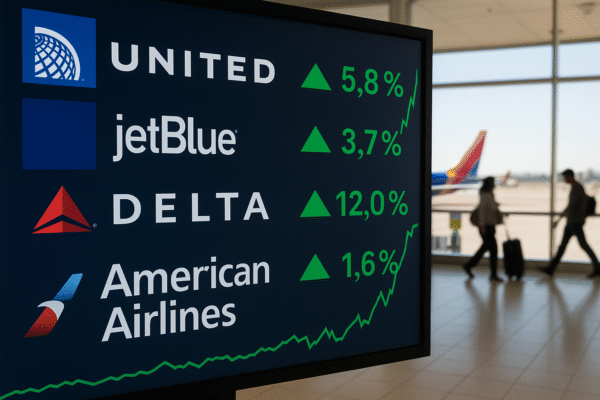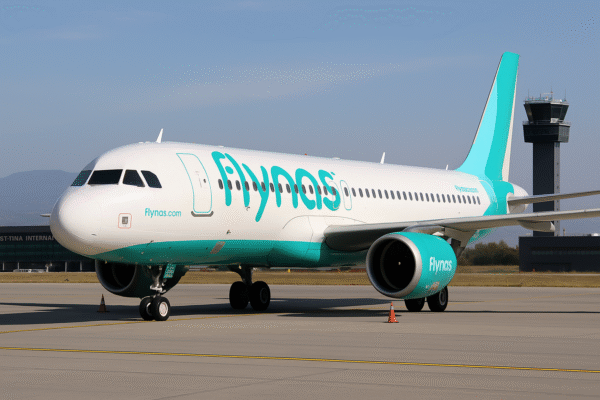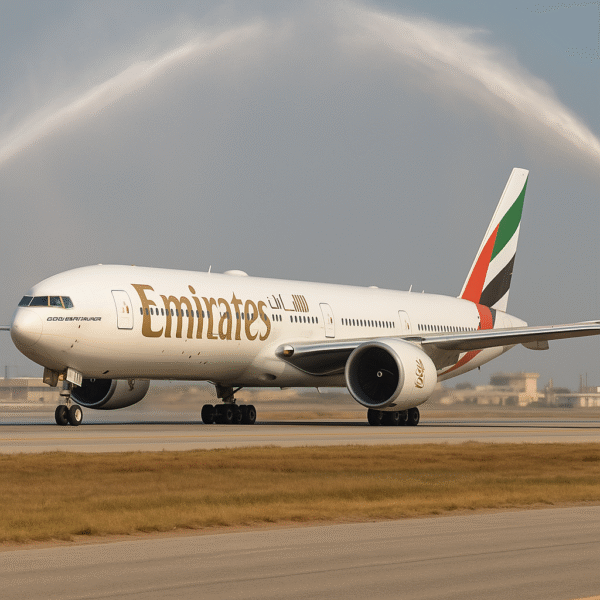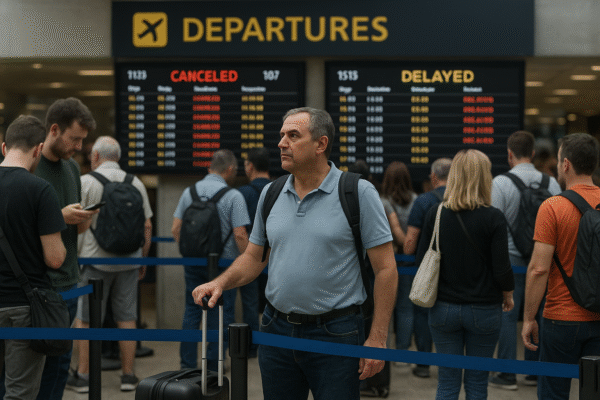A wave of coordinated strikes by French air traffic controllers brought major disruption to European aviation in early July, triggering mass flight delays and cancellations for travelers across France, the UK, and much of continental Europe.
The strikes, held on July 3 and 4, 2025, were organized in protest of poor working conditions and severe understaffing within France’s national air traffic control (ATC) system. The impact of the walkouts rippled across European airspace, not only grounding flights to and from France but also delaying aircraft flying over French territory.
With the height of the summer travel season underway, the disruption affected tens of thousands of passengers and led to a cascade of scheduling issues for major European carriers including easyJet, Ryanair, Air France, and British Airways.
EasyJet Reports £15 Million Financial Hit Amid Widespread Cancellations
UK-based budget airline easyJet bore the brunt of the strike’s impact, canceling hundreds of flights and citing approximately £15 million in related costs. Speaking to media outlets, CEO Kenton Jarvis described the strike action as “unacceptable,” stating that it caused both financial and reputational damage to the airline.
Although easyJet managed to post a pre-tax profit of £286 million for Q2—up £50 million year-on-year—Jarvis emphasized that continued strike actions of this nature could erode customer confidence during critical peak travel periods.
The airline noted that most affected flights were on key routes between the United Kingdom, France, and other European destinations, disrupting both leisure and business travel.
Ryanair Cancels 170 Flights, Pressures EU for Intervention
Ryanair, one of Europe’s largest carriers, canceled 170 flights during the two-day strike period, impacting an estimated 30,000 passengers. CEO Michael O’Leary sharply criticized the French government and the European Commission for failing to prevent frequent ATC disruptions.
“This is the 41st French ATC strike since 2009,” said O’Leary in a press release. “We need a passenger-first approach to protect European travelers from being held hostage by a small group of union members.”
Ryanair called for regulatory reform, including the implementation of overflight protection, a policy which would allow flights to pass over France even during ATC strikes—a concept long advocated by the airline industry but yet to be enacted by EU policymakers.
DGAC Enforces 40% Flight Reduction at Major French Airports
In response to the escalating chaos, the French Civil Aviation Authority (DGAC) instructed airlines to reduce operations by 40% at major airports, including Paris Charles de Gaulle and Paris Orly, on July 4. The directive aimed to reduce airspace congestion and mitigate operational risks amid workforce shortages in control towers.
Despite these efforts, extensive delays persisted. Air France, the country’s flag carrier, alongside other major European airlines, was forced to adjust flight schedules, cancel services, and reroute traffic to alternative airports across Belgium, Germany, and Spain.
Root Causes: Aging Infrastructure and Staffing Shortages
The strike has once again exposed long-standing issues within the French ATC infrastructure, including a lack of qualified personnel and outdated technical systems. While the French Ministry of Transport acknowledged the problems in a public statement, progress on modernization has been slow.
According to Eurocontrol, France handles over 3 million flights annually, and a single day of ATC disruption can affect up to 30% of all European traffic due to France’s central geographical role in continental flight paths.
Without meaningful reform, aviation experts warn that France risks becoming a chokepoint for European air travel, especially as travel demand rebounds post-pandemic.
Travel Advice: What Passengers Should Know
For those planning to fly into or over France this summer, the following recommendations can help avoid unnecessary disruptions:
- Monitor Airline Alerts: Airlines such as easyJet, Ryanair, and Air France provide real-time updates on their websites and apps.
- Check Flight Status Regularly: Use flight-tracking tools or subscribe to SMS/email alerts from your airline.
- Know Your Rights: Under EU Regulation 261/2004, passengers whose flights are canceled or delayed over three hours may be entitled to compensation ranging from €250 to €600, depending on distance and delay length.
- Consider Travel Insurance: Ensure your policy covers cancellations and delays due to strikes. Always read the fine print and ask your provider if ATC strikes are included.
- Rebooking and Refunds: Most airlines offer free rebooking options or full refunds for flights canceled due to ATC strikes. Contact customer service promptly if affected.
The Road Ahead: Industry Calls for Urgent Reform
As the busy summer travel period continues, European airlines and consumer advocacy groups are calling for systemic reform of French air traffic control operations.
The European Commission has been urged to prioritize modernization of ATC systems, implement safeguards against frequent strikes, and explore cross-border ATC cooperation to reduce over-reliance on any single national authority.
Without such action, further disruption appears likely—placing millions of passenger journeys at risk and undermining the resilience of Europe’s aviation network.
Final Thoughts
The July 2025 French ATC strikes have once again highlighted the fragile nature of European airspace operations. For travelers, the key is to remain informed, flexible, and prepared to adjust plans as needed.
While airlines continue to navigate these challenges, the onus is now on governments and aviation regulators to ensure that Europe’s skies remain open, efficient, and traveler-friendly—especially during peak tourism periods.
For more travel news like this, keep reading Global Travel Wire



